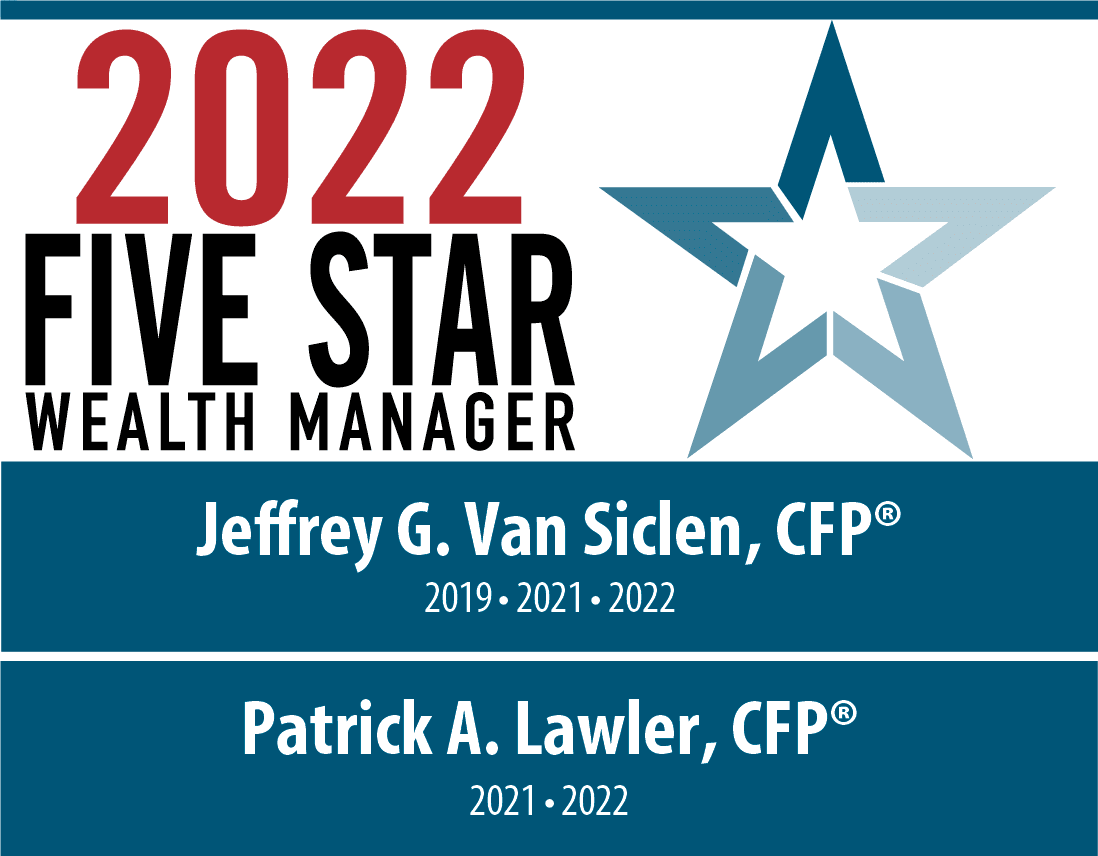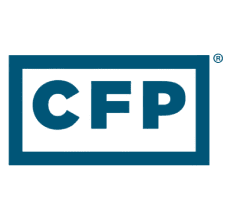Start Securing Your Future with Early Retirement Planning
May 10, 2024
Retirement planning is not only for those who are already far advanced in their lives and careers. In fact, by the later stages of your career, your retirement planning should already be well underway. Early retirement planning is essential if you want to secure a comfortable and enjoyable retirement. We would offer this advice to anybody, regardless of their profession. For those who work in the Life Sciences, BioTech and Pharma industries, this vital planning must take into account the peculiarities of the industry, such as income fluctuation, project funding and non-standard remuneration methods, such as stock options.
The Importance of Saving for Retirement Early
Retirement is something for which you can never be overprepared. The more planning you do, the earlier you start, and the more provision you make for your and your family’s financial future, the better your retirement will be. For people in a lot of other industries, retirement planning usually revolves around establishing sources of income that will start paying out after retirement, essentially taking the place of the salary professionals receive during their working lives.
Retirement planning begins with thinking seriously, in a very specific and detailed way, about your retirement, how many years you have to prepare, and the resources you have available to prepare for it. What kinds of resources – pensions, investments, etc. – can you put in place now to provide for your ideal retirement?
In the Life Sciences, BioTech and Pharma industries, the situation is similar. However, instead of only taking a monthly salary into account, retirement planners in these industries usually have other remuneration methods to consider, namely long-term incentives (LTI) and equity-based compensation. These usually take the form of stock options, restricted stock plans, performance-based LTIs and stock appreciation rights.
These kinds of remuneration are often beneficial for those looking forward to retirement, because they offer potential sources of post-retirement income. However, they can make retirement planning more complicated as there are more factors to take into account. Of course, these factors are likely to change over the course of your career. No matter where you are in your professional journey, you should have a retirement plan in place that takes all your current remuneration sources into account and creates future projections of your income requirements and capacities on that basis. Your salary, stock options, or performance-based incentives will change over time, so your retirement plans should do so too.
Setting Realistic Retirement Goals for Your Future
Regardless of your income sources, it is vital to set goals for your future and decide now how you want your retirement to look. You will obviously have an ideal vision of your retirement, but you will also need to be realistic. Consider the resources you will have and how these will meet your needs. Realistic retirement goals will help you both to avoid future disappointment and to take stronger, more proactive steps now as you prepare for retirement. Sometimes it is difficult to see the wood for the trees in this regard, so it helps to work with a retirement planning advisor who can examine your needs and resources objectively and assist you in planning the way forward.
When it comes to setting goals, ask yourself a few key questions. What are your reasons for retiring? Is it simply because you will have reached retirement age and will want to relax and enjoy time with your family? Perhaps you have a different passion you wish to pursue. Will you keep playing a reduced role in your profession in some way, or do you plan to step away from your work completely? These are some of the questions that can help you decide what your retirement is going to look like.
Calculating Your Retirement Savings vs Needs
Once you have set your goals, it is time to get down to the facts and figures and make some hard calculations relating to what you will need, and what you are likely to have available to you by the time you retire.
Many people get lost at this point, because it is hard to tell how much money you will need ten, twenty, or thirty years from now. There is no fixed rule about how much to save, except perhaps, “as much as possible!” However, we need to be more specific than that. Some advisors recommend the 4% rule, which suggests that retirees should be able to live in such a way that they spend no more than 4% of their retirement savings each year. Others might suggest you need to save a certain number of years’ worth of your pre-retirement annual income. In truth, although these are not bad as general guidelines, each retirement plan will look different, because each individual will have different goals, and different resources with which to meet them.
Stay Flexible: Adjusting Your Retirement Savings Plan
Once you have put a retirement plan in place, you will need to review and adjust it regularly. The earlier you start, the better, but the more amendments and additions you will then have to make as the years pass. Don’t be afraid of this – it is an important step in your retirement preparation. Get a qualified and experienced family CFO on your side to help make all the necessary plans and revisions.
LRVS Advisory Group is a team of financial planning experts with a special focus on clients in the Biotech, Pharma and Life Sciences sectors, here to help you with your early retirement planning. Contact us for more information.
*Disclaimer:
This article is provided by McAdam LLC (“McAdam” or the “Firm”) for informational purposes only. Investing involves the risk of loss and investors should be prepared to bear potential losses. Past performance may not be indicative of future results and may have been impacted by events and economic conditions that will not prevail in the future. No portion of this article is to be construed as a solicitation to buy or sell a security or the provision of personalized investment, tax, or legal advice. Certain information contained in this report is derived from sources that McAdam believes to be reliable; however, the Firm does not guarantee the accuracy or timeliness of such information and assumes no liability for any resulting damages.
This article is the sole opinion of this individual and is not indicative of the firm’s beliefs.







